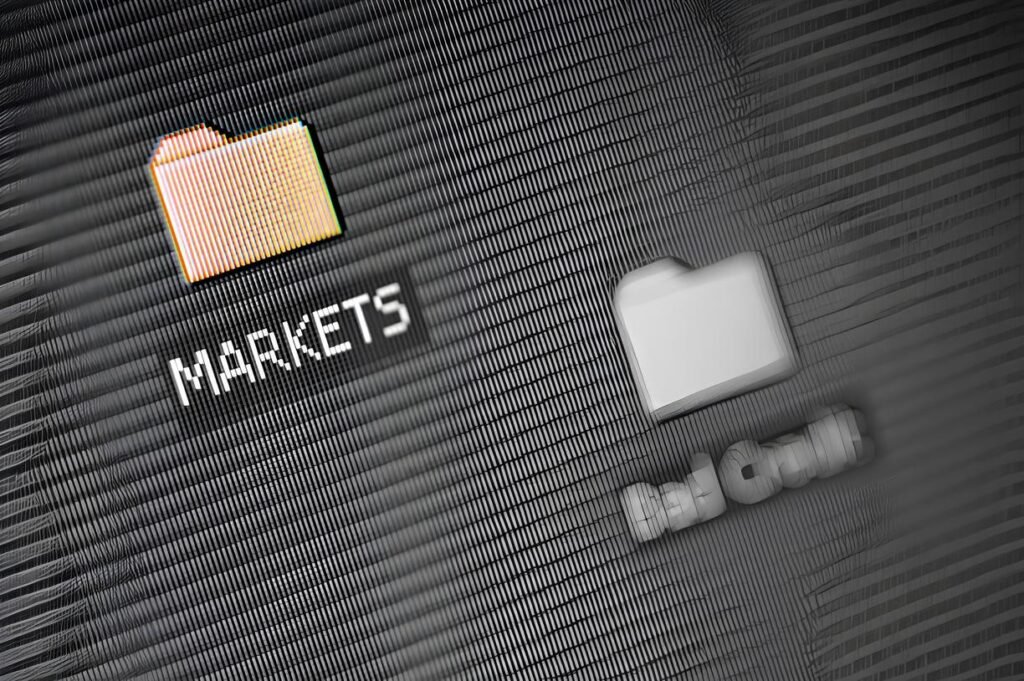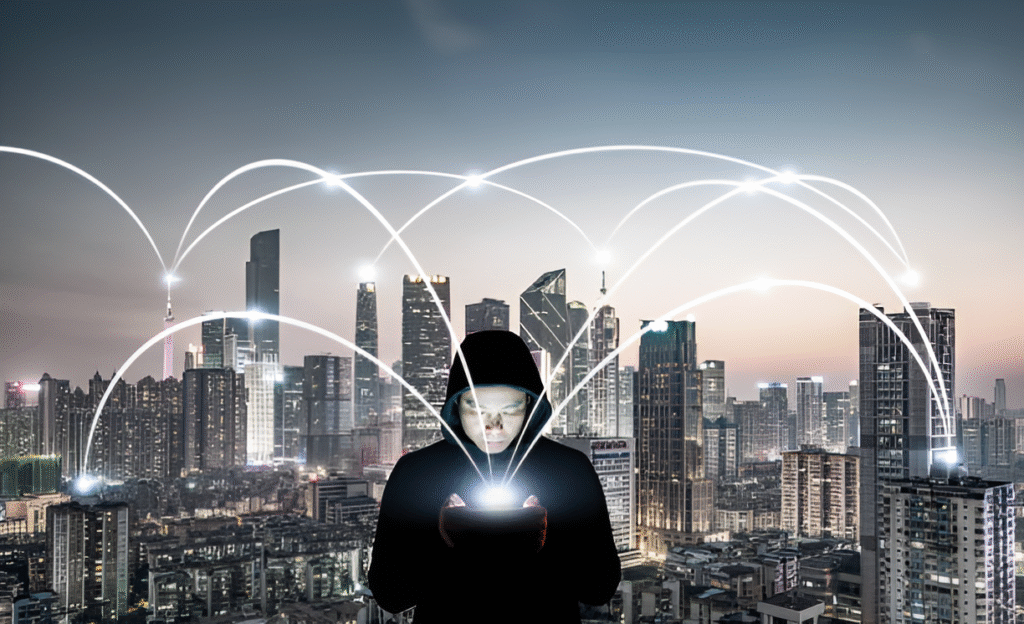Imagine buying a rare collector’s item online, but from a marketplace where no one knows who you are, the sellers are anonymous, and traditional consumer protections don’t exist. Sounds thrilling—and slightly terrifying, right? This is the everyday reality for users on darknet marketplaces. But when deals go wrong, how do these hidden bazaars handle disputes without revealing identities or turning to law enforcement?
In a space designed for privacy, trust becomes both the currency and the challenge. Darknet marketplaces have developed clever systems of dispute resolution, balancing secrecy with the need for fairness. If you’ve ever wondered how conflicts are managed where anonymity is paramount, you’re about to uncover the intriguing mechanisms behind these underground platforms.
In This Article
- The Tightrope Between Trust and Anonymity
- Escrow Services: The Heart of Darknet Transactions
- Behind the Scenes: Third-Party Mediation on the Darknet
- Reputation Systems: Silent Judges in a No-Names World
- Challenges and Risks in Darknet Disputes
- The Future of Dispute Resolution on Anonymous Marketplaces
The Tightrope Between Trust and Anonymity
Trust is the backbone of any marketplace, but it’s especially crucial in environments where identities are cloaked behind layers of encryption. Darknet marketplaces attract users for their privacy guarantees but lose obvious mechanisms common in typical e-commerce, like verified identities and legal recourse.
Since vendors and buyers rarely reveal personal information, disputes can’t be resolved by simply contacting customer service or filing lawsuits. So, these marketplaces have had to innovate with systems that protect anonymity while encouraging honest behavior, reflecting a unique social contract born in the shadows of the internet.
Escrow Services: The Heart of Darknet Transactions
The most fundamental tool used for dispute avoidance and resolution is the escrow system. Imagine it as a neutral third party holding payment until both buyer and seller confirm satisfaction. Once the buyer confirms receipt of goods as described, the funds are released to the seller.
Escrow increases the stakes for vendors to fulfill orders correctly and reassures buyers their money isn’t simply disappearing into the void. Yet escrow itself can’t eliminate all risks. This system is often the first step toward managing disputes but doesn’t solve problems once conflicts arise.
Some marketplaces enhance escrow by implementing multi-signature wallets, where releasing funds requires multiple cryptographic signatures. This setup prevents unilateral movement of funds and often involves marketplace moderators—trusted but pseudonymous arbiters who oversee disputes.
When using darknet marketplaces, always check if escrow is enabled and how its terms work. Markets with robust multi-signature escrow setups typically offer better protection against fraud.
Behind the Scenes: Third-Party Mediation on the Darknet
If a disagreement arises—say, a package never arrives or the product isn’t as promised—the buyer can initiate a dispute. This is where third-party mediation becomes critical. These mediators usually consist of marketplace staff or designated community members who act as impartial judges while maintaining anonymity.
Unlike traditional courtrooms, mediator decisions rely on available evidence such as buyer messages, proof of shipment, and vendor history. Because communication is encrypted and indirect, mediators depend heavily on trust networks and digital forensics, such as timestamps and transaction logs.
Interestingly, many markets also allow disputants to submit cryptographic proofs and photos directly—carefully sanitized to avoid metadata leaks—to support their claims. Mediators encourage this to make decisions more fact-based rather than speculative.
Reputation Systems: Silent Judges in a No-Names World
In a place where identities are masked, reputation scores serve as the social glue holding communities together. Every sale, review, and dispute resolution contributes to the vendor’s overall score visible on their marketplace profile.
Buyers rely heavily on these glowing or tarnished reputations when deciding who to trust with their money. Vendors with high ratings and positive dispute outcomes enjoy more business, while those frequently involved in problems face swift ostracization.
But reputation is a double-edged sword. Some marketplaces sharpen their systems with advanced algorithms that factor in dispute resolution frequency, response time, and community feedback to mitigate fake reviews and Sybil attacks—where impostor accounts artificially inflate ratings.
Reputation isn’t just about positive reviews. Metrics like dispute frequency, response delay, and refund history significantly influence vendor rankings.
Challenges and Risks in Darknet Disputes
As effective as escrow and mediation are, resolving disputes on the darknet is fraught with challenges. For one, verifying claims is inherently difficult when physical verification is impossible and all data exchanges must preserve anonymity.
Scammers often exploit this gray area, fabricating proof or disappearing after payment. Conversely, honest vendors may become victims of false claims. This cat-and-mouse dynamic strains the dispute resolution process and sometimes leads to partial or no refunds.
Many marketplaces have had to resort to banning repeat offenders quickly, but without centralized identity, malicious vendors can simply re-emerge under new aliases. Some newer solutions attempt to address these issues by linking marketplace accounts with multi-signature wallets and pseudonymous reputation chains, increasing accountability without jeopardizing privacy.
The Future of Dispute Resolution on Anonymous Marketplaces
Looking ahead, decentralized technologies promise to transform how disputes are handled on darknet platforms. Projects employing blockchain-based escrow and smart contracts aim to create autonomous, transparent dispute mechanisms that require minimal human intervention.
For example, programmable contracts that automatically release funds upon verified product delivery or community-verified milestones could reduce reliance on moderators and decrease resolution times.
Nevertheless, these innovations come with trade-offs. They require complex cryptographic trust models and may still face challenges in subjective dispute cases where human judgment is invaluable. That’s why many experts also highlight the ongoing importance of maintaining strong community governance, respecting anonymity while nurturing trust.
For readers interested in the interplay of cryptocurrency and privacy, our guide on best practices for multi-signature wallets on the darknet dives deeper into the tech empowering fair transactions.
While dispute mechanisms exist, darknet marketplaces remain inherently risky. No system is foolproof against scams or bad actors—extreme caution, continuous OPSEC, and skepticism are essential.
In a world where identities are fleeting and trust is fragile, dispute resolution on the darknet shows a remarkable evolution of social, technical, and cryptographic innovation. It’s a constant balancing act—upholding anonymity while encouraging honesty—that illustrates just how inventive underground communities can be.



